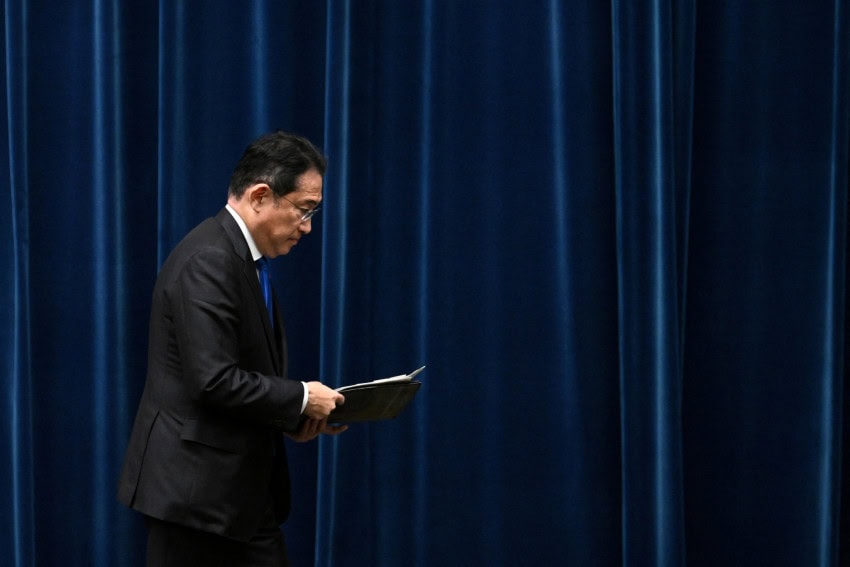China is prepared to mend Japan’s relationship even after Kishida steps out.
Following Prime Minister Fumio Kishida’s announcement that he would not run in the next presidential election of the governing party, which precipitated his resignation, China stated it is keeping an eye on the situation in Japan and is prepared to maintain stable bilateral relations even after his departure.
In a statement sent to Kyodo News, the Chinese Foreign Ministry referred to Japan as “an important neighbor” and stated that China does not comment on domestic political matters in Japan. Beijing is keen to advance “strategic and mutually beneficial” as well as “constructive and stable” relations with Tokyo, the statement continued.
Concerned netizens expressed their concerns on Chinese social media on the bilateral issue that started on August 24 of last year over the release of treated radioactive water from the wrecked Fukushima plant, about how Kishida’s successor will handle it.
Some social media users criticized Kishida for the discharge of “nuclear-contaminated” water into the ocean, while others expressed hope that his successor will oppose the water release.
China has been fiercely opposed to the treated water release from the Fukushima Daiichi nuclear plant, which suffered reactor fuel meltdowns after a devastating earthquake and tsunami in March 2011.
Immediately after the beginning of the water release, Beijing imposed a blanket ban on Japanese seafood products, exacerbating relations between the two Asian neighbors. Japan has urged China to lift the ban as soon as possible.
Sino-Japanese ties have been strained over several other issues as well, including Taiwan, which China claims as part of its territory, and Beijing’s detention of Japanese nationals over espionage allegations.
Kishida met with Chinese President Xi Jinping last November in San Francisco and Premier Li Qiang in May in Seoul, confirming the two countries’ policy of promoting strategic and mutually beneficial bilateral relations. But there has been little progress in improving ties.
“Whoever becomes the next prime minister, Japan will maintain its pro-U.S., anti-China stance,” a Chinese social media user stated.
According to a representative of the South Korean Foreign Ministry, Seoul is determined to maintain the positive momentum in bilateral relations even after Kishida resigns. Kishida has collaborated with President Yoon Suk Yeol’s administration to strengthen ties.
“Next year marks the 60th anniversary of the normalization of diplomatic relations between South Korea and Japan, and our government plans to use this as an opportunity to elevate bilateral relations,” said the official.
Taiwan’s Foreign Ministry stated that the results of the September election for the leadership of Japan’s ruling Liberal Democratic Party will “not affect the existing goodwill and friendly relations” between the democratic island nation and itself.

